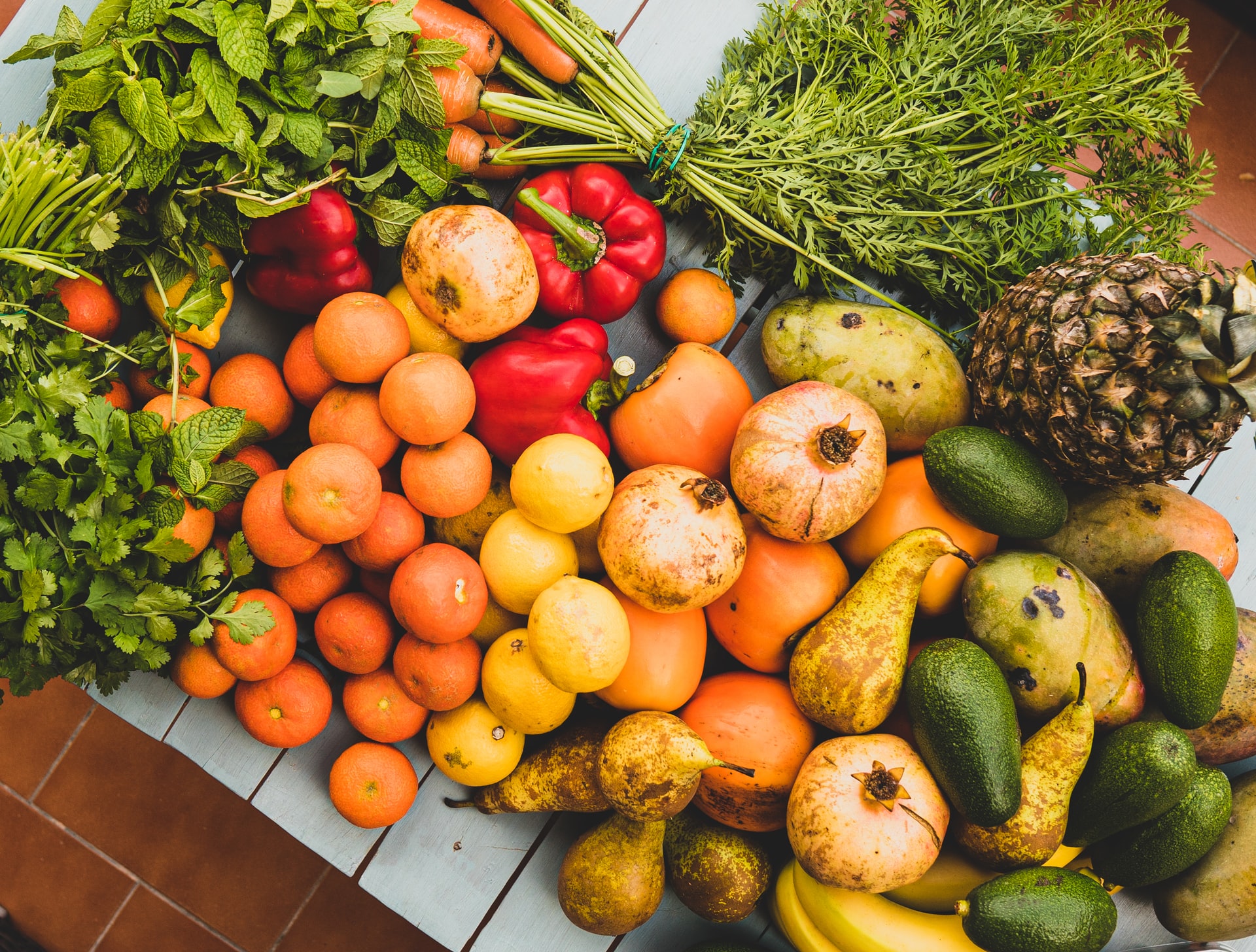When we talk about tumors, in various magazines or television programs, we often tend to place the emphasis on nutrition, especially with respect to the so-called “superfoods”.
The latter are foods that have excellent nutritional properties and that would bring great benefits to the body. Among these are, for example, garlic, Cruciferae, red fruits, lemon, dried fruit and many others.
Despite this, it is very important to specify that these foods, taken individually, are not able to prevent the onset of tumors. Indeed, as they report several studies, there is no cancer diet. What we do know, however, is that a balanced diet, together with a healthy lifestyle, could preserve the immune system and prevent some cancers.
Furthermore, in some cases, some cancers may be more likely to develop due to dietary deficiencies. In fact, we will soon see that we should be careful because those who eat little fruit and vegetables would be more exposed to these eventualities.
Risk factors for one of the deadliest cancers
In this article we will focus our attention on a tumor that causes about 1,900 deaths in Italy every year and is one of the most lethal. We are talking about the cancer of the esophagusa cylindrical organ positioned between the throat and stomach, through which food and liquids pass.
This form of cancer, which usually affects males after 60 years of age, is classified into:
- squamous cell carcinoma, which originates in the upper part of the esophagus and affects the lining cells;
- adenocarcinoma, which develops from the glands of the mucosa, usually starting from the last part of the organ;
- uncommon form.
The causes of this tumor are not yet clear, although there is some evidence regarding some genetic mutations. However, many speculate that continued irritation of the esophagus would result in a higher chance of developing this tumor.
Among the factors that could negatively affect, in this sense, we find smoking, the abuse of alcoholic beverages and the intake of very hot liquids. Furthermore, the onset of esophageal cancer would also be favored by gastroesophageal or biliary reflux, obesity or a diet low in fruit and vegetables.
In fact, care should be taken because those who eat little fruit and vegetables could develop this tumor after the age of 60
In the initial stages of esophageal cancer, there are no particular symptoms. When it is at a more advanced stage, difficulty swallowing, involuntary weight loss and coughing or hoarseness may appear. In addition, heartburn, digestive difficulties and pain in the chest, behind the breastbone, may also occur. Since there are no mass screening tests, it is important to reduce the risk of developing this cancer by adopting healthy practices. These include:
- quitting smoking, seeking help and psychological support;
- eat, as already mentioned, a lot of fruit and vegetables;
- maintain a certain weight;
- carry out physical activity;
- avoid drinking alcohol, or at least limit your consumption to a great extent.


